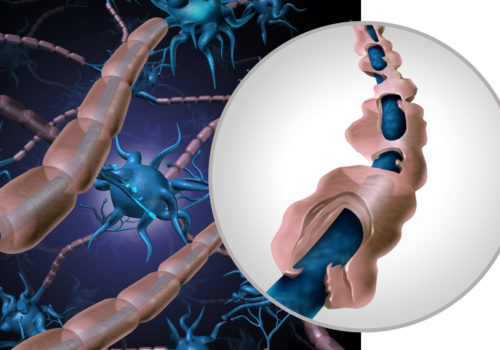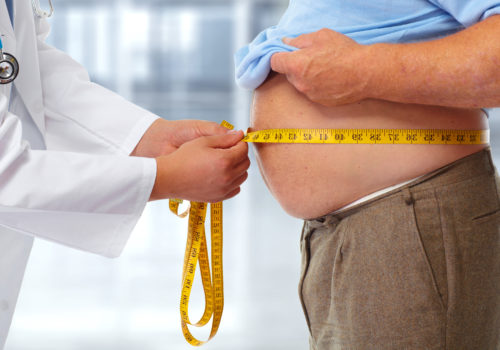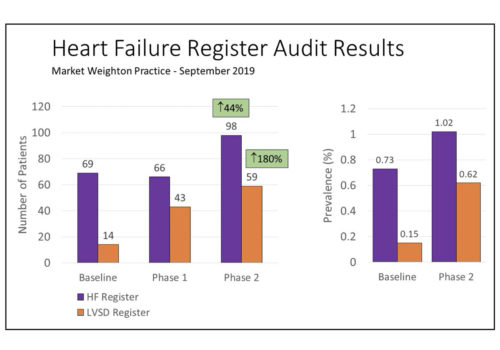 It has been suggested Hypertension (high blood pressure) may be associated with increased risk of death in hospitalised Coronavirus infected subjects. On non-medical social media sites and some newspapers it has been suggested that commonly used drugs ACEi (ending in ‘pril” e.g. ramipril, lisinopril, perindopril) and ARBs (ending in ‘sartan’ e.g. losartan, candesartan, valsartan) may increase both the risk of infection and the severity of SARS-CoV2 (the virus causing this infection), which has led to some patients stopping their medication. This could lead to a decline in control of blood pressure control, heart failure or any other condition they take these drugs for.
It has been suggested Hypertension (high blood pressure) may be associated with increased risk of death in hospitalised Coronavirus infected subjects. On non-medical social media sites and some newspapers it has been suggested that commonly used drugs ACEi (ending in ‘pril” e.g. ramipril, lisinopril, perindopril) and ARBs (ending in ‘sartan’ e.g. losartan, candesartan, valsartan) may increase both the risk of infection and the severity of SARS-CoV2 (the virus causing this infection), which has led to some patients stopping their medication. This could lead to a decline in control of blood pressure control, heart failure or any other condition they take these drugs for.
These concerns about the safety of ACE-i or ARB treatment in relation to Coronavirus does not have a sound scientific basis or evidence to support it. Indeed, there is evidence from studies in animals suggesting that these medications might be rather protective against serious lung complications in patients with Coronavirus infection, but to date there is no data in humans.
As medical professionals we wish to highlight the lack of any evidence supporting harmful effect of ACE-I and ARB in the context of the pandemic Coronavirus outbreak. We strongly recommend that patients should continue treatment with their usual therapy because there is no clinical or scientific evidence to suggest that treatment with ACEi or ARBs should be stopped because of the Coronavirus infection. This applies to patients taking these drugs for heart failure, high blood pressure, diabetes or kidney disease.
You should take the recommended measures to minimise your risk of getting Coronavirus infection:
Wash your hands frequently
Regularly and thoroughly clean your hands with an alcohol-based hand rub or wash them with soap and water for 20 seconds or more.
Maintain social distancing
Maintain at least 2 metres (6 feet) distance between yourself and anyone who is coughing or sneezing.
Avoid touching your eyes, nose and mouth
Practice respiratory hygiene
Make sure you, and the people around you, follow good respiratory hygiene. This means covering your mouth and nose with your bent elbow or tissue when you cough or sneeze. Then dispose of the used tissue immediately.
If you have fever, cough and difficulty breathing, seek medical care early
Stay home if you feel unwell. If you have a fever, cough and difficulty breathing, seek medical attention and call in advance. Follow the directions of your local health authority.
When to temporarily stop your medication
ACEi, ARBs, diuretics (water tablets) e.g. furosemide or bumetanide, spironolactone, eplerorone, anti-inflammatories e.g.ibuprofen, naproxen or diabetes drugs including metformin, canagliflozin, dapagliflozin, empagliflozin and ertugliflozin.
- If you develop a dehydrating illness (diarrhoea, vomiting, high temperature when you are not eating or drinking enough) you should temporarily stop taking any medicine listed above and any other medicine identified by your health professional.
- It is very important that you restart your medicine once you have recovered from the illness. This would normally be after 24 to 48 hours of eating and drinking normally.
- When you restart your medicine, just take them as normal. Do not take extra for the doses you have missed.
Whilst every effort has been taken to ensure the accuracy of the information provided by Sherborne Gibbs as the publisher of this website, the contents of articles reflect the opinions of the authors, they do not necessarily reflect the views and opinions of Sherborne Gibbs or any of its brands, they are personal to the writer and are naturally subject to change from time to time. It is the responsibility of users to check the accuracy of relevant facts and take appropriate professional advice before entering into any commitment based upon them.
All patients should discuss their medication with their healthcare professional.
























